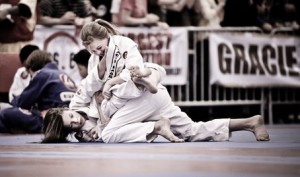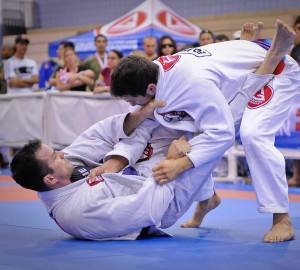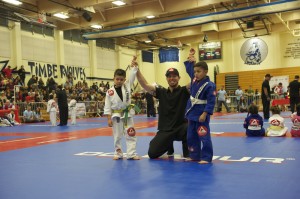How to deal with losses
By failing to prepare, you are preparing to fail.” – Benjamin Franklin
How many of you have lost a heartbreaker? You know, you put everything into the competition and you walked away with a loss and broken heart…So now what? How are you going to bounce back? How are you going to pick up the pieces?
How do you cope with the disappointment? How do you bounce back from a painful defeat? First off, lets acknowledge, it’s not easy and it hurts! However, at some point, when the pain starts lessening, anywhere from a few hours to a day or so, it becomes imperative to view the match through another lens. That is, how do you begin to pick the pieces up? And what must you do next time to get better?
 How will you take advantage of certain situations and continually put yourself in a position to get over the hump?
How will you take advantage of certain situations and continually put yourself in a position to get over the hump?
The following are five steps to help you, the broken competitor, experience and move past a disappointing performance. Equally so, this list is great for parents, coaches, and friends as they try to support the competitor during the process of disappointment, release, and rebounding.
1. A right to be disappointed: You’ve earned the right to be disappointed. Let’s face it, after putting it all on the line, competing with all your heart, it is practically impossible to put on a smiling face and just forget things after a close loss. Give yourself some time.
It’s OK to be disappointed. In fact, it’s even expected. Why wouldn’t you? You care, you practiced, you’re a warrior, and you fought like one! Disappointment is a natural emotion, it even hurts, and that’s ok too. It’s not something that needs to be fixed. It is time that usually heals it. Disappointment can be equated to mourning a loss. Allow yourself the time to decompress, feel your feelings, and settle down. Paradoxically, by allowing yourself the disappointment you also allow yourself the opportunity to release and resolve the painful feelings. One of the things that makes victory so sweet, and motivates us so, is knowing the feeling and experience of disappointment.
 2. One step closer: Believe it or not, you are actually one step closer to your goals! The great Babe Ruth used to say every time he struck out, “I’m one step closer to hitting a home run!” Babe would learn from being up at bat, and change his strategies every time he stepped up to the plate. You can do the same. Each time you lose, you should wonder how could you improve and do better next time.
2. One step closer: Believe it or not, you are actually one step closer to your goals! The great Babe Ruth used to say every time he struck out, “I’m one step closer to hitting a home run!” Babe would learn from being up at bat, and change his strategies every time he stepped up to the plate. You can do the same. Each time you lose, you should wonder how could you improve and do better next time.
Don’t forget, slumps fit in here too. It may look like you’re going nowhere, even backwards, but keep on plugging away and learning.
Maybe the competition is getting stronger or the match-up is not as favorable. Remember the saying: it’s always darkest before dawn. In other words, the sun rises after the darkest hour! Keep plugging away. That slump may be a major learning curve that just needs to be ridden out, much like a wave. And just beyond the wave is smooth sailing. Hang on…
3. Failure provides feedback: If you listen you become aware. Failures, setbacks and obstacles always throw us for a loop, but it’s the true champion that can readjust and glean valuable feedback. Feedback should be viewed without judgment and as a learning opportunity in which you can make changes and adapt, adjusting to the situation next time. Think about it was there ever a great champion, individual or team, that didn’t learn from failures, setbacks and obstacles? All great champions know why they are competing and use this big “Why” to get themselves back on track.
 4. Reframe it! Simply stated, after you have decompressed ask yourself the basic questions. What’s another way to look at this loss or situation? How can I find something positive from it? What’s the lesson here? Even though you lost, what can you learn? And don’t forget, at some point; give yourself some credit for showing up and putting yourself on the line. How many others are competing with such a heart as yours?
4. Reframe it! Simply stated, after you have decompressed ask yourself the basic questions. What’s another way to look at this loss or situation? How can I find something positive from it? What’s the lesson here? Even though you lost, what can you learn? And don’t forget, at some point; give yourself some credit for showing up and putting yourself on the line. How many others are competing with such a heart as yours?
5. Focus on the process, not the outcome. This is probably one of the most important points and the major one that all other points can probably be folded into. While you lost this performance it is another step toward your ultimate goal. The match gave you valuable experience and exposed you to the situational pressure of match play. This is highly valuable and can’t be duplicated in practice. Remember, all great champions have to pay their dues and earn their experience.
Cheers,
GB CompNet Staff.

